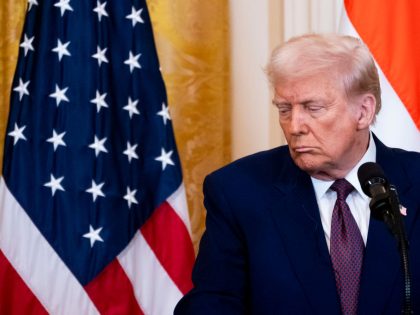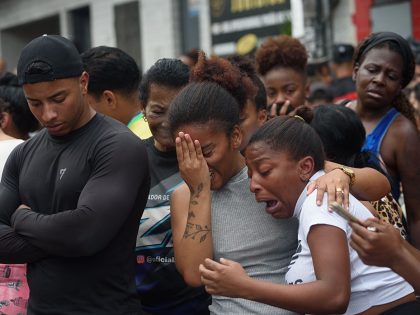
The Brazilian Left Has Yet to Find a Successor to Lula
Jair Bolsonaro is now awaiting trial on charges of plotting a coup, depriving Brazil’s far-right bloc of its figurehead. Yet with a presidential election due next year, the Brazilian left hasn’t found a candidate who can match Lula’s popular appeal.


















